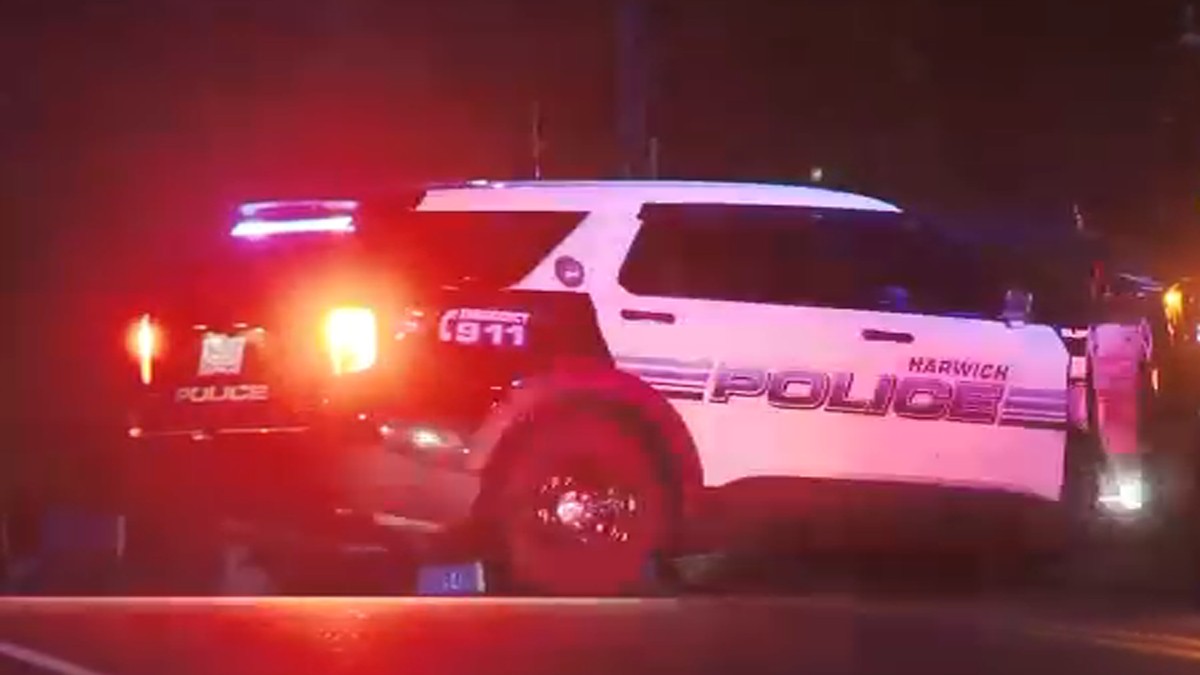With fatal overdoses on the rise throughout the COVID-19 pandemic, Vermont’s governor is calling for expansions of prevention, treatment, and recovery efforts. That push comes as a renewed campaign known as End Addiction Stigma garners attention across Vermont.
Republican Phil Scott said in his State of the State Address this month that focusing on prevention, treatment, and recovery will keep people healthier and thus more able to stay active in the workforce — while making communities safer.
“We cannot weaken our efforts to reduce the number of Vermonters struggling with drugs and alcohol, the number of families it touches, and the lives it claims,” Gov. Scott said on Jan. 5.
Planning and budget work around specific initiatives still must play out inside the Vermont State House in the weeks and months ahead.
Meanwhile, a statewide public education campaign is grabbing attention and spreading a potentially life-saving message.
“An individual should not be defined by an illness that they have,” said Cynthia Seivwright, a licensed mental health counselor with the Vermont Department of Health who worked on the campaign for End Addiction Stigma VT.
The campaign launched in April of last year, but a new phase of messaging began this winter which television viewers across Vermont have likely noticed.
Local
The project uses real people’s stories, and Seivwright said she hopes the videos spark conversations in communities about how to support neighbors with substance use disorders and how employers can encourage people in recovery.
The videos from the campaign are viewable on YouTube.
Seivwright said Vermont Department of Health surveys have found 1 in 6 people who recognized they needed help didn’t get it — because they worried stigma would have impacts such as costing them their jobs.
The campaign also comes at a critical time, state health officials have said.
Fatal overdose numbers from 2021 are still being finalized, but it’s expected to be Vermont’s worst year ever on that front, exceeding the 2020 total, which saw 157 fatal ODs from opioids. Fentanyl was involved in most of those deaths, Seivwright noted.
“I know we talk about overdoses as numbers,” Seivwright said in an interview with NECN and NBC10 Boston. “These are people.”
Mental health counselors including Seivwright have said anxiety and isolation during the COVID-19 pandemic have worsened many people’s struggles, adding urgency to the public health campaign.
Jenna’s House in Johnson, a nonprofit organization, also aims to break down barriers to asking for help.
The center, which NECN and NBC10 Boston visited last year before its grand opening, is named for Jenna Tatro. Jenna’s sister-in-law said Jenna felt stigmatized before her death, as she struggled to find recovery.
“People would say, ‘We’re not going to hire you,’” Amy Tatro recalled of her late sister-in-law’s experience attempting to get back on her feet. “We’re all human. And we all deserve a second chance to get better.”
The co-located North Central Vermont Recovery Center said it wants everyone — including active drug users, their friends or loved ones, and community groups and businesses — to feel no shame coming in to get harm reduction kits. Those include fentanyl test strips and Naloxone, for reversing overdoses.
“We can’t save you if you’re dead,” said Crystal Bolio of the North Central Vermont Recovery Center. “So please, come in and get these things to keep you alive until you’re ready — until you’re ready to get the help that you need.”
Seivwright said treatment centers throughout the state are ready to accept new patients.
Geoff Butler, who also works at NCVRC as the coordinator of health and wellness programs, is in long-term recovery from opiate use disorder.
He said he deeply appreciates the state’s attention on ending addiction stigma, and hopes more people will see that long-term recovery is possible and enjoyable.
“It spreads a message of hope,” Butler said of the campaign.



